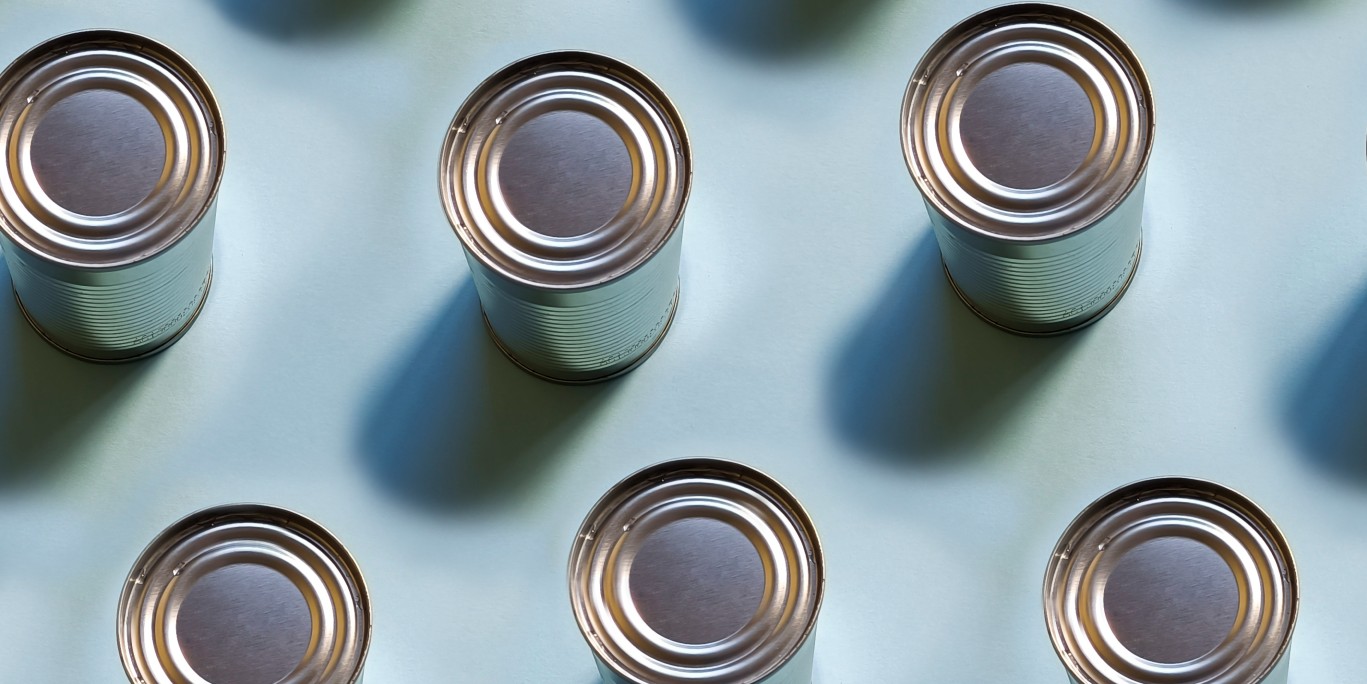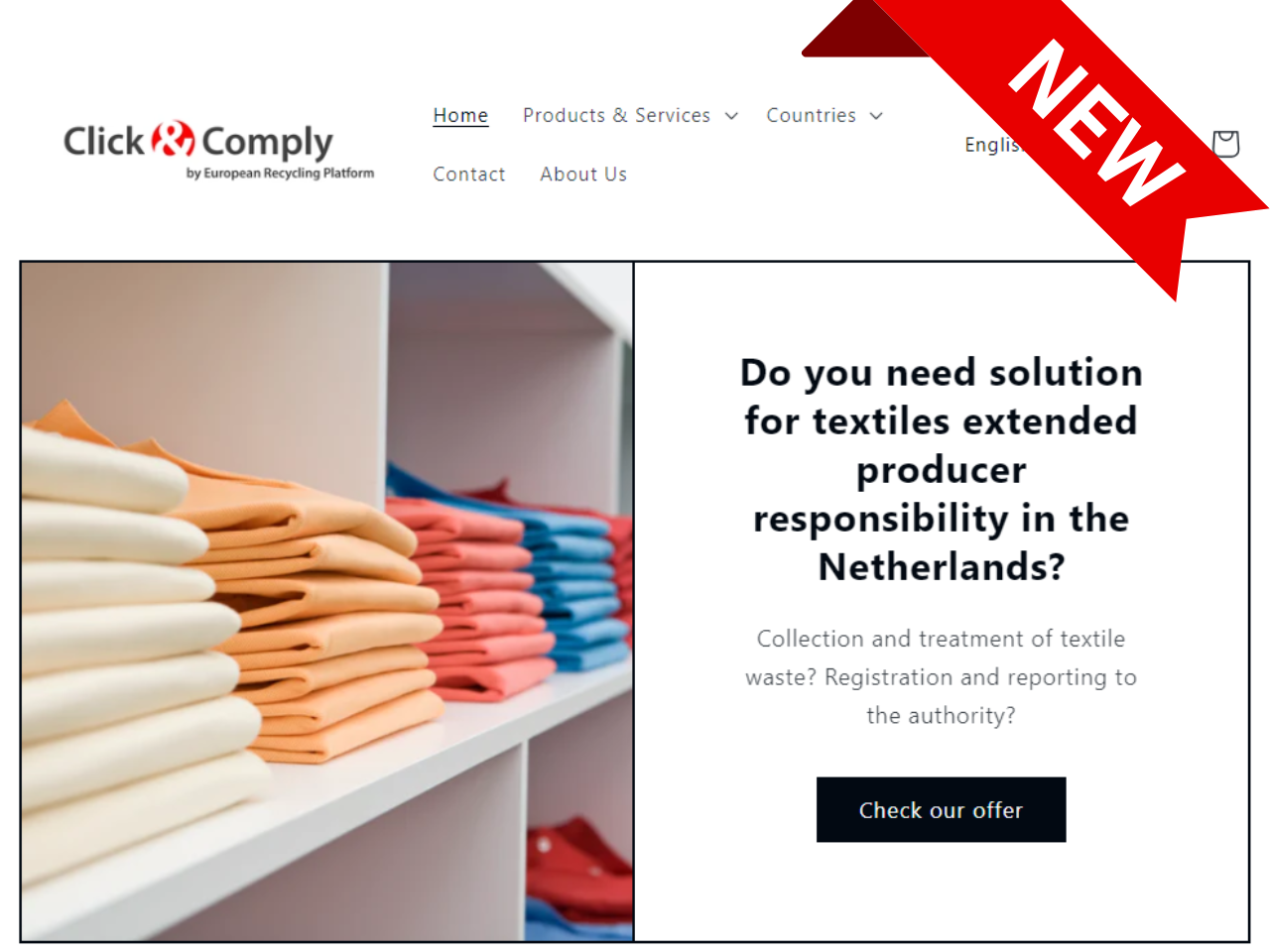What are the latest developments concerning environmental legislation globally? We’ve picked out some highlights for you for May 2022.
Ban on certain packaging materials proposed for the revised EU Packaging Directive
The European Commission is considering the introduction of a ‘negative’ list of packaging materials to improve packaging recyclability. This is one measure proposed by the consultancy Eunomia in its study commissioned by the European Commission to facilitate the revision of the packaging directive.
If introduced, the negative list would specify materials, components or features that may no longer be used in the manufacture of packaging because they hamper recyclability or are deemed non-recyclable. According to Eunomia, examples include plastic packaging in carbon black or other non-NIR detectable colours, paper packaging with plastic windows and glass packaging in opaque or dark colours. These materials could be banned as early as 2025.
According to official information, the Commission will present its legislative proposal on 20 July. However, there may be delays in the impact assessment for certain parts of the provisions, which the Commission has not outsourced to a consultancy firm but is carrying out itself.
These delays could mean that the proposal will not be published until October. It is also still undecided whether the legal act will be designed as a regulation directly applicable to all member states or as a directive that would first have to be transposed into national law.
Further information on the planned measures and timeline is expected to be presented by the European Commission in a stakeholder workshop on 30th May.
European Commission to strengthen EPR in online sales
Online marketplaces and fulfilment service providers need to prepare for additional extended producer responsibility (EPR) obligations. Consultancy Eunomia is currently working on a corresponding recommendation for the European Commission. The initiative is triggered by the large number of free riders in online sales: companies that are bypassing existing EPR regulations and distorting competition between producers.
One of the measures developed by Eunomia would oblige online marketplaces and fulfilment service providers to check and ensure their sellers’ compliance with EPR regulations. However, development of an EU-wide approach could be slow and may be circumvented by national initiatives, some of which already exist.
Eunomia’s proposals are expected to be finalised and published before the end of May, followed by a public consultation on the issue. Proposals and consultation results will then feed into the revision of the European Waste Framework Directive, which started with a public consultation earlier this year and is expected to run over the next two years.
The Commission’s legislative proposal is expected for the second quarter of 2023. It is quite possible, however, that Eunomia’s proposals will already be considered in the ongoing trialogue negotiations on the Battery Regulation.
Sign up for our monthly
report COMPASS here:
Your email












